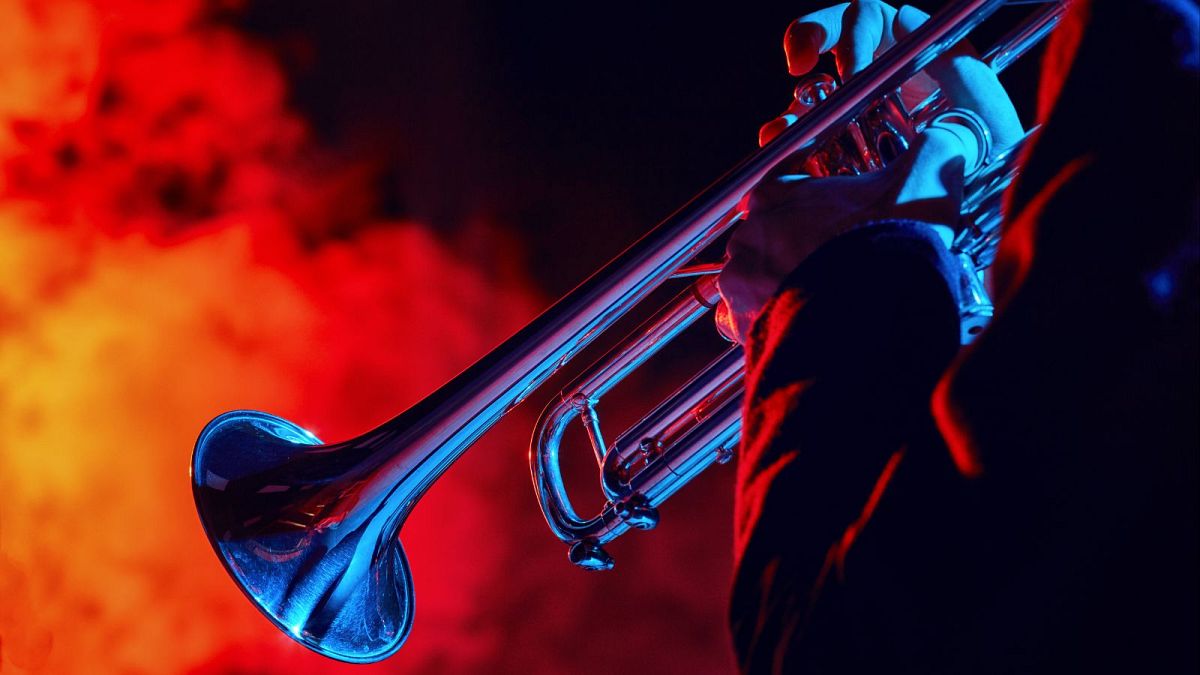
Is The ‘Weed Goggles’ Phenomenon Real? Here’s The Science Behind The Attraction Boost – Health Digest
You may have heard the term “beer goggles” thrown around in a bar or at a party. Of course, this doesn’t refer to actual eyewear. The idea is that the more alcohol a person drinks, the greater the perceived attractiveness of the individual in front of them will be (via Reuters). This phenomenon may not just extend to alcohol, however, with some people claiming a similar effect in relation to marijuana use — or “weed goggles.”
Working to normalize cannabis use amongst the general public, Peter Barsoom, founder of 1906, tells CNN how marijuana affects the body in relation to one’s sex drive. “Our body’s natural endocannabinoid system is key in regulating things like pleasure, pain, relaxation, and homeostasis,” Barsoom told the outlet. “When it is activated by the cannabinoids in cannabis, it can leave users feeling relaxed with increased pleasure and decreased pain. This can lead to increased arousal and make sex even more enjoyable.” Knowing this, is it possible there may actually be some scientific credibility behind the notion of weed goggles?
Beer goggles versus weed goggles
 Mihailomilovanovic/Getty Images
Mihailomilovanovic/Getty Images
In a 2016 study published in the scientific journal Archives of Sexual Behavior, researchers gathered anecdotal evidence from 24 heterosexual adults about their recent experiences using weed prior to intercourse. Half of the participants were female and half were male. The study team set out to examine the differences and similarities in participants’ self-reported psychosocial and physical sexual experiences after consuming alcohol (in comparison to after having used marijuana). To do so, the researchers looked at factors such as dose amount, the preceding events leading up to the interaction, how attractive the person felt, perceived attractiveness of others, partner choice, and more.
When it came to beer goggles, the study findings showed that alcohol consumption was often tied to what participants referred to as “lowered standards” while inebriated, but often resulted in a lack of partner attraction the next morning. For some, this lack of attraction extended beyond the physical, with one female participant reporting that a sober follow-up date with their partner felt awkward and void of connection. Some participants reported the same to be true when using marijuana. However, other participants said that weed didn’t so much lower their standards as much as it boosted potential partner attractiveness.
We tend to use marijuana with people we are already comfortable with
 Aleksandarnakic/Getty Images
Aleksandarnakic/Getty Images
The research findings showed that the concept of weed goggles may extend to both the physical and the emotional attractiveness of a partner. One male participant noted that marijuana seemed to boost a potential partner’s physical attributes, while another male participant reported increased emotional attraction to their girlfriend. Oppositely, emotional attachment was absent in reported experiences involving alcohol.
Raising the question of familiarity as a potential contributing factor, the researchers found that alcohol consumption was more often linked to sexual relations with strangers. Conversely, marijuana use was often tied to intercourse with a partner whom the participant was already acquainted with. Familiarity was also found to play a role in an earlier 1983 study published in the Journal of Sex Research, which found that marijuana use heightened approximately 50% of college student participants’ desire for a familiar sexual partner. With a limited sample size, however, all study participants were white and predominantly male (via Self).
Yet even when meeting someone for the first time, marijuana appears to set the stage for connection more so than alcohol, as was seen in the 2016 study. Participants noted that a stranger asking to take a puff off of a joint often served as an effective jumping-off point on which to build a further connection. One male participant in their early 20s noted this simple opening line successfully establishes a shared interest.
Other factors related to weed goggles and the importance of consent
 MilanMarkovic78/Shutterstock
MilanMarkovic78/Shutterstock
In addition to partner familiarity, the environment may also have a hand in the weed goggles phenomenon. The researchers point out that, unlike alcohol, marijuana is not legal in all parts of the U.S. and must often be used discreetly in such places. In these instances, individuals may find themselves in more private locations. But in addition to being in more personal settings, some participants in the study also reported that the taboo nature of the activity further fueled potential intimate interactions.
Overall, marijuana use was associated with greater emotional satisfaction following intercourse compared to alcohol use. Additionally, some participants reported that orgasms were often more intense in connection to marijuana and found intercourse to be more compassionate and heavier on foreplay. Sex following marijuana use was also linked with heightened sensitivity to physical sensations, while sex following alcohol consumption had more of a physical numbing effect.
The researchers acknowledged that such studies emphasize the importance of education amongst the public in order to reduce the potential risks of unsafe sex related to drug use. Dr. Jordan Tishler, medical cannabis expert at InhaleMD, tells Self that consent and setting one’s personal boundaries are particularly important in such instances, as clarity around consent in relation to marijuana use is still being examined.

































































